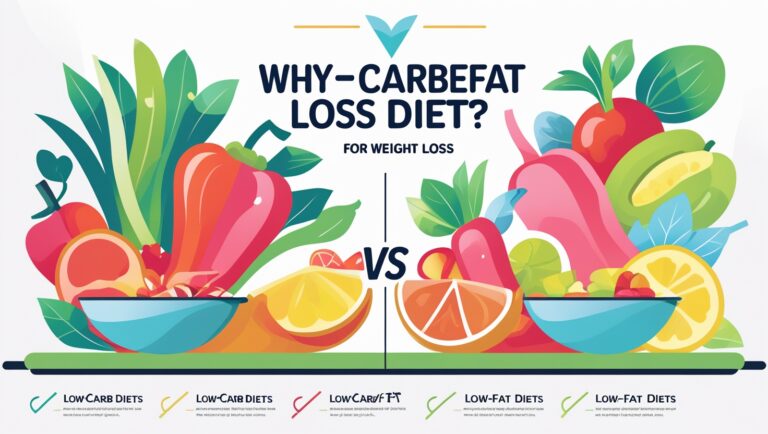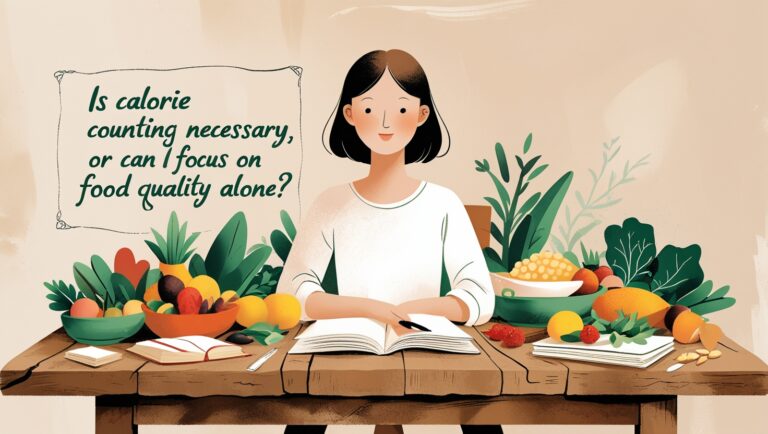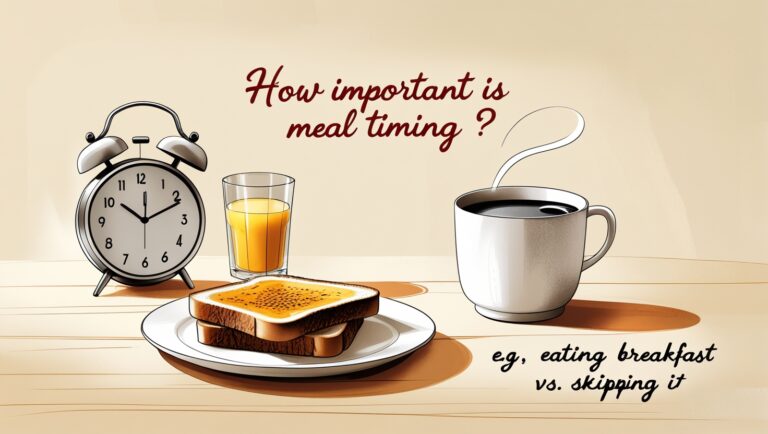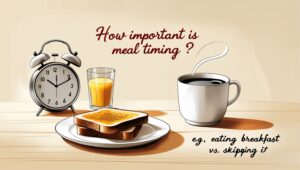Weight loss isn’t all about reducing calories—it’s about selecting foods that will feed your body while making you feel satisfied, maintaining energy levels, and promoting overall health. That is, a healthy weight loss plan is centered on nutrient density, portion control, and balanced nutrition. Below, we discuss the foods to eat and avoid for successful weight loss.
Eat Nutrient‐Dense, Whole Foods
Vegetables and Fruits
Fruits and vegetables are low in calories but high in fiber, vitamins, minerals, and water content. They fill you up and aid in proper Weight loss digestion. According to research, eating more high-fiber vegetables can enhance satisfaction and prevent excessive eating during the day HEALTH.COM.
Lean Proteins
Protein is important for satiety and muscle preservation. Choose lean sources like chicken breast, fish, eggs, legumes, and low‐fat milk. Eating protein at each meal not only maintains muscle mass when losing weight but also raises the thermic effect of food, which is your body expending more calories metabolizing it.
Whole Grains and Legumes
In contrast to whole grains, which contain fiber and nutrients, refined grains lose all their fiber and nutrients. Legumes and pulses contain Weight loss both protein and fiber and are thus perfect to make you feel full for longer.
Healthy Fats (in Moderation)
Foods such as avocados, nuts, seeds, and olive oil are rich in heart-healthy unsaturated fats. Although those are good, portion size is everything—they are calorie dense, so just a small amount is enough.
Foods to Limit or Avoid
Sugary Drinks and Foods with Added Sugars
Beverages such as soda, sweet teas, and energy drinks contribute many empty calories without making you feel satisfied. Likewise, processed snacks, sweets, and Weight loss baked goods tend to be full of added sugars and unhealthy fats that can undermine weight loss efforts VERYWELLHEALTH.COM.
Refined Grains and Processed Carbohydrates
White bread, white rice, and processed pastas have been deprived of fiber and nutrients, leading to quick spikes—and crashes—in blood sugar levels. This can make you feel hungry shortly after a meal, making it more difficult to manage your calorie intake MEDICALNEWSTODAY.COM.
Fried and Fast Foods
Snacks such as French fries, fried chicken, and most Weight loss fast foods are usually rich in harmful fats, salt, and calories. Eating them regularly will lead to weight gain and make it difficult to remain within your calorie limits.
High-Calorie “Healthy” Foods (in Excess)
Certain foods are “health haloed” but highly calorie-dense. Examples include Weight loss granola, nut butters, sourdough bread, avocado, pesto, and chia seed pudding, which are promoted as healthy foods. Yet, if portions are not tightly controlled, they will add to excess calorie consumption that will interfere with weight loss. Moderation is the key—even with nutrient-dense foods
NYPOST.COM
Practical Tips for an Effective Weight Loss Diet
Plan Your Meals: Opt for balanced meals consisting of a lean protein, a high-fiber carbohydrate, and a serving of vegetables. This combination satiates hunger and maintains energy levels constant. Most meal plans, including those developed by specialists on Weight loss, prioritize planning to avoid last-minute poor decisions
TUASAUDE.COM.
Practice Portion Control: Healthy foods Weight loss themselves can add to your weight if consumed in large portions. Try smaller plates and take the trouble of measuring portions whenever required.
Limit Processed and Ultra-Processed Foods: Such foods are heavy in added sugars, unhealthy fats, and salt—everything which leads to weight gain.
Stay Hydrated: Staying well-hydrated can help regulate hunger, boost metabolism, and avoid confusing thirst with hunger.
Mindful Eating: Listen to your body’s Weight loss hunger and fullness signals. Nibbling slowly and without distractions may avoid overeating.
Final Thoughts
To successfully lose weight, emphasize a diet of vegetables, fruits, lean protein, whole grains, and healthy fats, all portion-controlled. Conversely, restrict sugar-laden drinks, refined carbohydrates, fried food, and overly processed snacks. Keep in mind that no food is a magic bullet; it’s the bigger dietary pattern and lifestyle that will provide lasting change.
By making informed choices and prioritizing whole, nutrient-dense foods, you can create a balanced eating plan that supports your weight loss goals while nourishing your body for optimal health.





